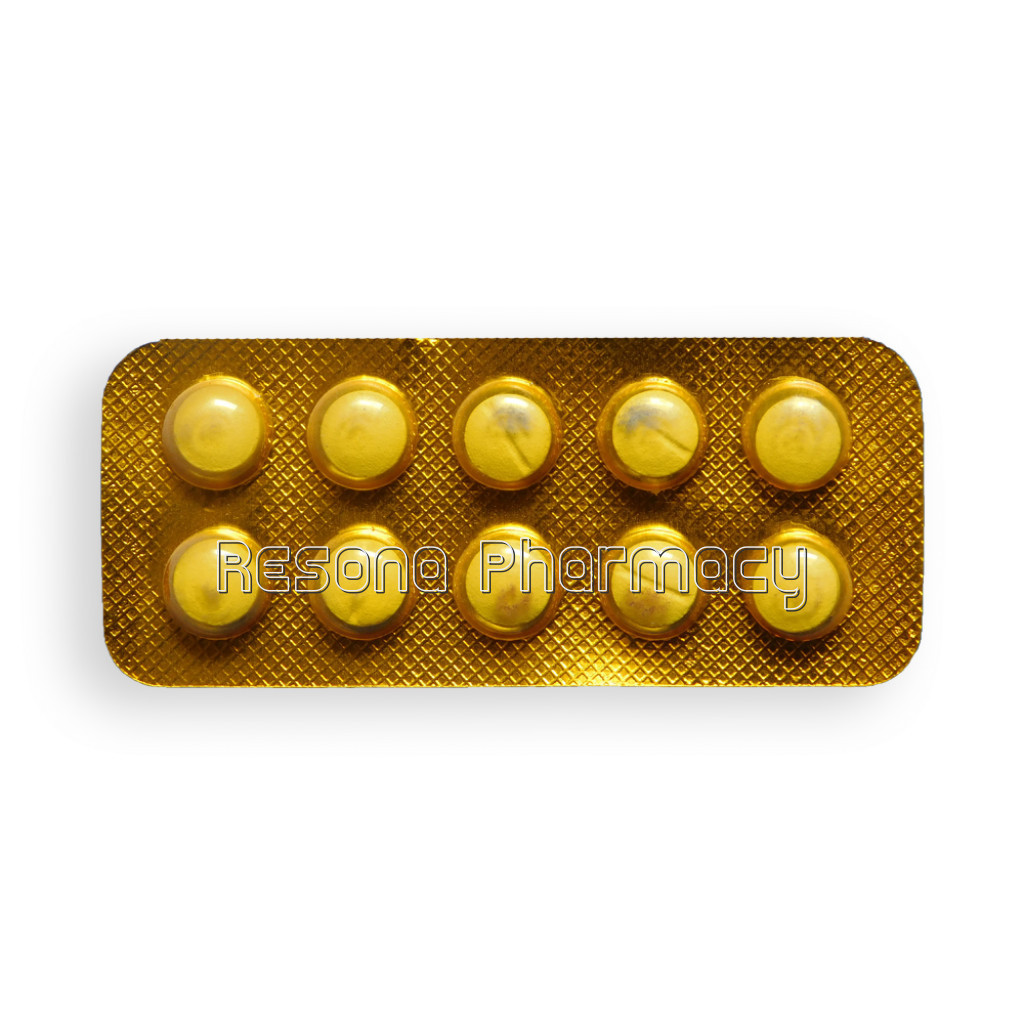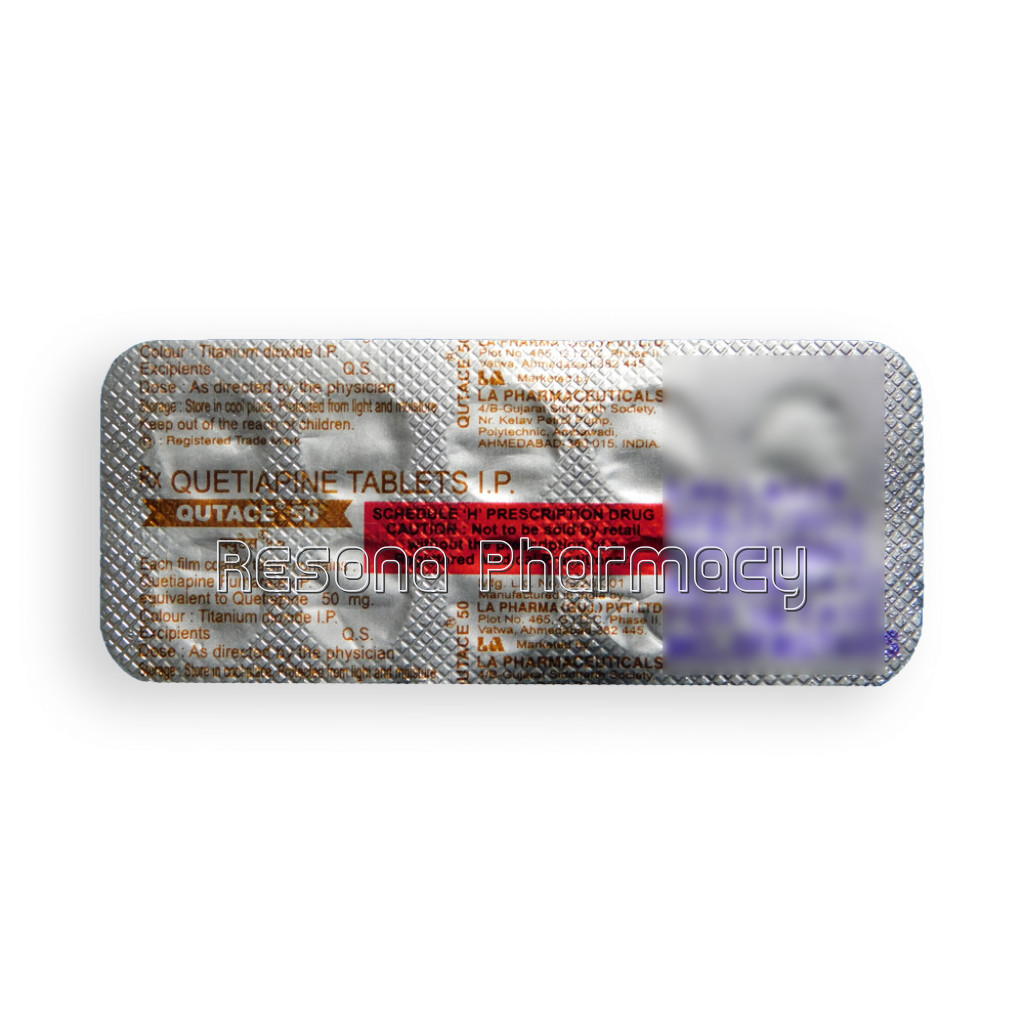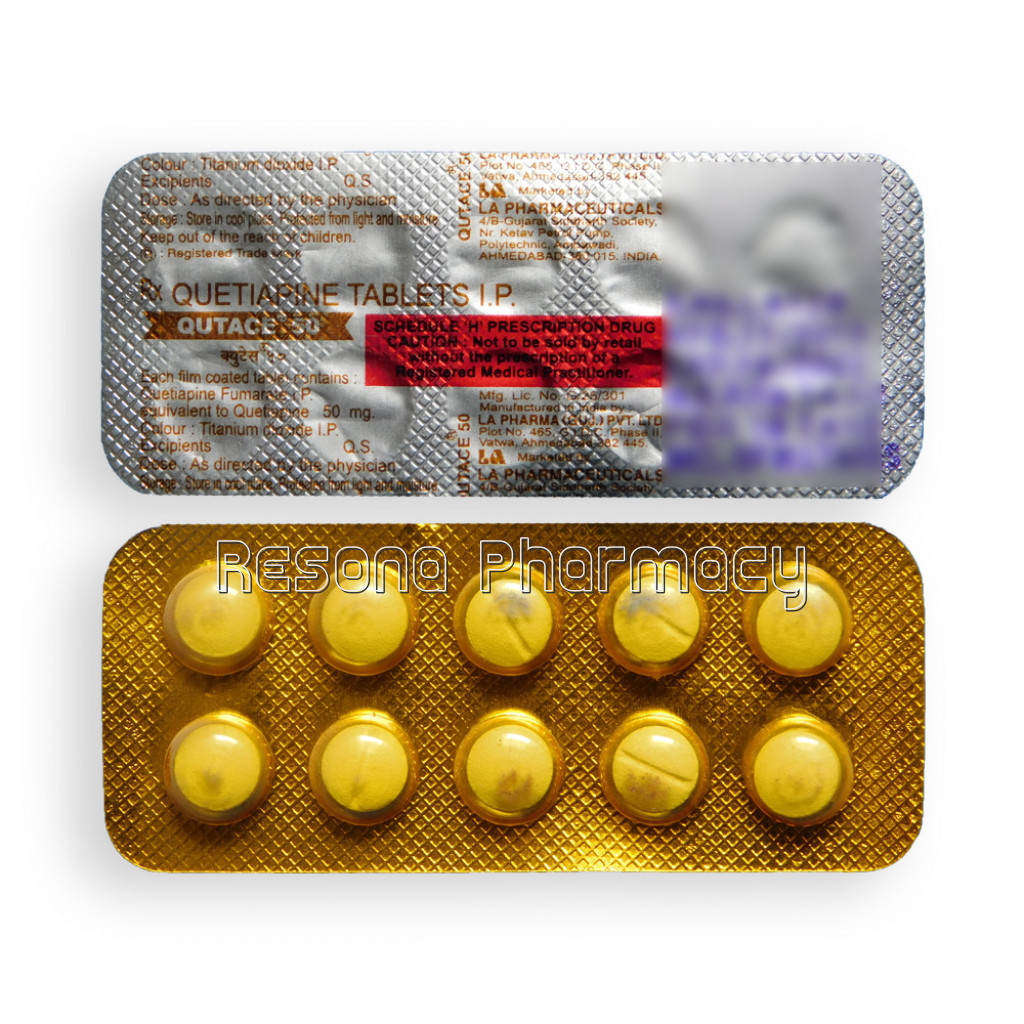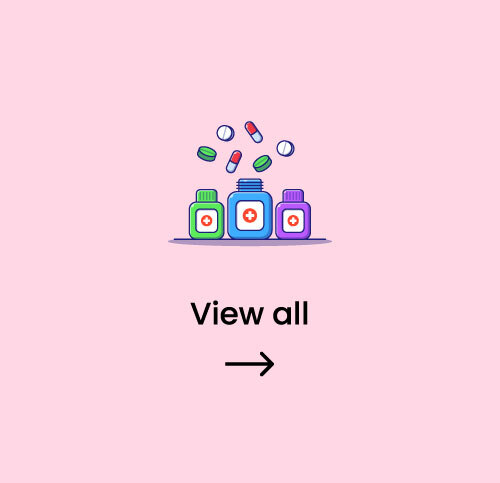Side Effects:
Signs of an allergic reaction to Qutace: hives; difficulty breathing; swelling of your face, lips, tongue, or throat.
Report any new or worsening symptoms to your doctor, such as: mood or behavior changes, anxiety, panic attacks, trouble sleeping, or if you feel impulsive, irritable, agitated, hostile, aggressive, restless, hyperactive (mentally or physically), more depressed, or have thoughts about suicide or hurting yourself.
Call your doctor at once if you have:
twitching or uncontrollable movements of your eyes, lips, tongue, face, arms, or legs;
mask-like appearance of the face, trouble swallowing, problems with speech;
a light-headed feeling, like you might pass out;
blurred vision, tunnel vision, eye pain, or seeing halos around lights;
severe nervous system reaction - very stiff (rigid) muscles, high fever, sweating, confusion, fast or uneven heartbeats, tremors, fainting;
high blood sugar - increased thirst, increased urination, hunger, dry mouth, fruity breath odor, drowsiness, dry skin, blurred vision, weight loss; or
low blood cell counts - sudden weakness or ill feeling, fever, chills, cold or flu symptoms, cough, sore throat, red or swollen gums, painful mouth sores, skin sores, trouble breathing.
Common Qutace side effects may include:
trouble with movement;
dizziness, weakness;
increased appetite, weight gain;
sore throat;
dry mouth; or
nausea, vomiting, stomach pain, constipation.
Precautions:
Before you use Qutace, tell your doctor of your medical and health history including the following:
abnormal thyroid tests
alcohol or drug abuse
blockage in the intestine/ileus (intestinal obstruction/ileus)
blockage in the intestines
blood clots
blood vessel related heart and brain disease
breast cancer
breathing problems during sleep
cloudiness of the lens in the eye
dehyration
enlarged prostate
family history of depression, suicide, and bipolar disorder
heart muscle disease (cardiomyopathy or myocarditis)
heart problems
high blood sugar
high or low blood pressure
high prolactin level
inability to empty the bladder
increased level of triglycerides, total cholesterol, high-density lipoprotein, or low-density lipoprotein
increased or decreased heartbeat (QT prolongation)
increased pressure in the eyes (intraocular pressure)
liver problems
low levels of potassium or magnesium, birth defect related to irregular heart rhthym
low levels of white blood cells, leukocytes and neutrophils
memory problems (Alzheimer's dementia)
mental disorder associated with learning abnormality
nerve eye damage (narrow-angle glaucoma)
overweight
reduced or absent activity of lactase (galactose intolerance and Lapp lactase deficiency) and abnormal absorption of glucose and galactose
schizophrenia
seizure
severe nausea/diarrhea
suicdial thoughts
taking drugs increasing QT prolongation, central nervous system depressants, neuroleptics, medicines used to treat high blood pressure, depression, anxiety, irritable bowel syndrome, mental illness, ulcer, human immunodeficiency virus, urinary problems, Parkinson's disease, abnormal heart rhythm or beats or difficulty in sleeping, phenytoin, carbamazepine, divalproex, barbiturates, rifampin, thioridazine, erythromycin, gatifloxacin, levomethadyl acetate, antifungals, antihistamines, barbiturates, carbamazepine, or protease inhibitor, chlorpromazine, dopamine agonists, methadone, moxifloxacin, pentamidine, rifampin, oral steroids, tranquilizers, or ziprasidone
Item requires a valid prescription








